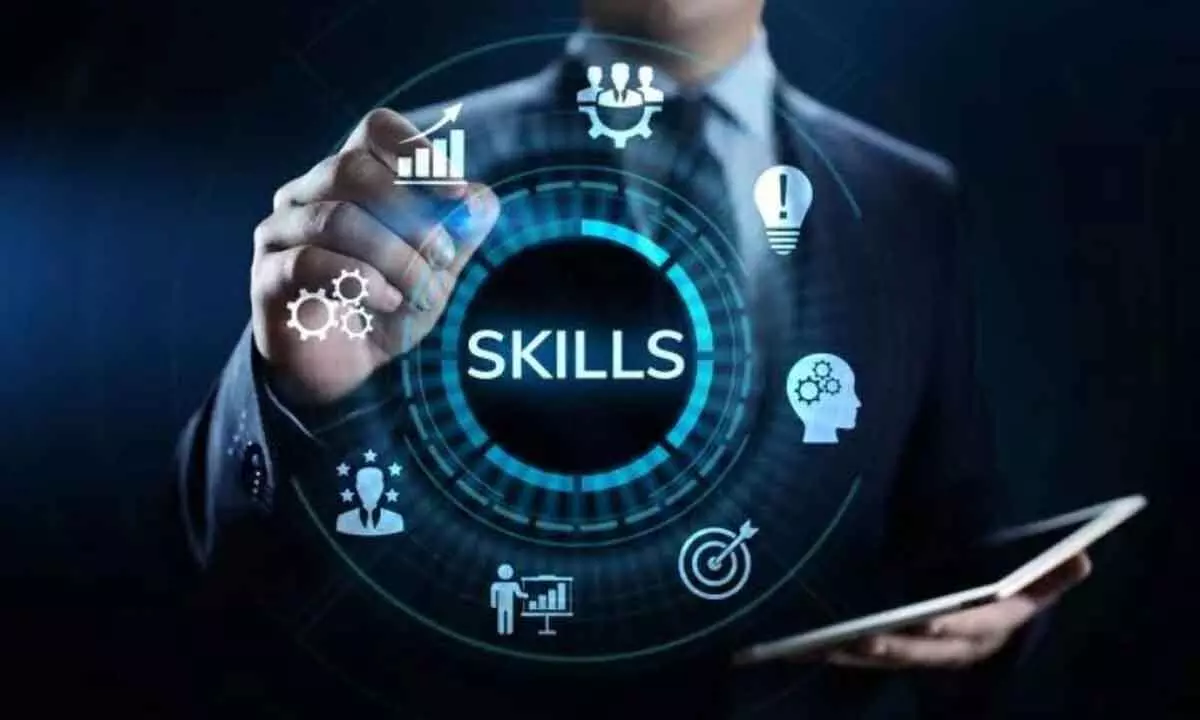AI and the professional journey: Why lifelong learning is the key to success

AI technologies are evolving at a rapid pace, and staying up to date with advancements is essential for any professional who wishes to remain competitive.
AI technologies are evolving at a rapid pace, and staying up to date with advancements is essential for any professional who wishes to remain competitive. Breakthroughs in machine learning, natural language processing, computer vision, and automation are happening constantly. For example, advancements in large language models like GPT-4 and image recognition systems have broad implications for industries like marketing, customer service, and product development.
AI is Changing the Nature of Work
AI has the potential to automate repetitive tasks and processes, freeing up professionals to focus on more strategic and creative work. However, this also means that many traditional roles are being disrupted. Jobs that were once dependent on manual or routine tasks are being redefined by AI-driven automation. For example, in finance, AI is automating tasks like data analysis, fraud detection, and even basic customer interactions. In healthcare, AI is assisting in diagnostic processes and optimizing patient care management.
As AI takes over certain functions, professionals need to adapt by focusing on higher-level skills, such as critical thinking, problem-solving, and creative decision-making. Continuous learning helps workers transition from task-oriented roles to more complex, value-driven positions that require human oversight and ingenuity. Those who invest in developing new skills and expanding their AI literacy will be well-positioned to thrive in this changing landscape.
Bridging the Human-AI Collaboration Gap
In an AI-driven world, human and machine collaboration is becoming increasingly common. AI systems are powerful tools, but they require human input, oversight, and ethical judgment. For instance, AI can analyze vast amounts of data in seconds, but humans are needed to interpret the results and apply them in real-world contexts. Additionally, AI systems must be designed, trained, and maintained by professionals who understand both the technical and ethical implications of their use.
Continuous learning allows professionals to build the skills necessary to work effectively alongside AI. Understanding AI’s limitations, biases, and ethical considerations is critical to ensuring that AI is used responsibly. Professionals must also be able to communicate and collaborate with technical teams to implement AI solutions that align with business goals and societal values. By constantly learning and adapting, individuals can enhance their ability to work alongside AI in ways that are both productive and responsible.
Keeping Pace with Ethical and Regulatory Challenges
As AI adoption increases, so do concerns about privacy, bias, and accountability. Governments and regulatory bodies around the world are working to establish frameworks that address the ethical challenges posed by AI. These include ensuring data privacy, preventing algorithmic bias, and defining accountability for AI-driven decisions. For professionals, keeping up with these changes is essential.
Future-Proofing Careers
In an AI-driven world, job security increasingly depends on adaptability. The skills that professionals have today may not be sufficient for tomorrow’s job market. Continuous learning allows individuals to future-proof their careers by staying ahead of technological shifts. This includes learning new programming languages, mastering AI tools, and gaining a deeper understanding of emerging technologies such as quantum computing or robotics.















